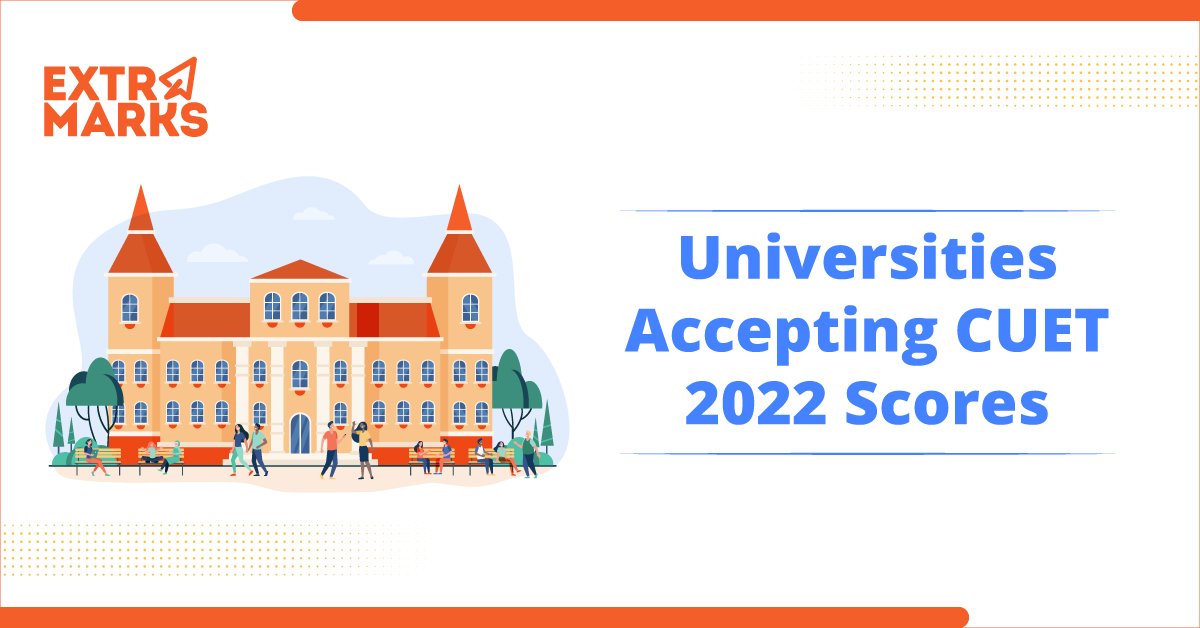Decoding the NIPUN Bharat Mission

Education is a key parameter of a nation’s progress, and every country must strive to ensure the basic literacy of all its citizens. With great disparity across the different segments of society, the Ministry of Education in India has been tasked with ensuring 100% reach of primary education in India. NIPUN Bharat Mission is its initiative in that direction. NIPUN Bharat stands for National Initiative for Proficiency in Reading with Understanding and Numeracy.
What is the NIPUN Bharat Mission?
The National Initiative for Proficiency in Reading with Understanding and Numeracy referred to as the NIPUN Bharat Mission, is an initiative under the National Educational Policy (NEP) 2020. It is targeted towards addressing the foundational literacy and numeracy deficit amongst young children to build a strong educational base. With a deadline for full implementation by the academic year 2026-27, the NIPUN Bharat Mission aims to equip every child in India with fundamental reading, writing, and mathematics skills by the age of 9 years at the end of grade 3.
It lays emphasis on making learning an enjoyable, all-inclusive, and competency-based activity that works to educate children in a language of their comfort and resources that aid their natural learning process. To do this it stresses the need for appropriate teacher training, capacity, and strength.
Objectives of NIPUN Bharat Mission
Who Benefits from the NIPUN Bharat Mission?
Early childhood education is the focus of the NIPUN Bharat Mission. It brings into its folds all children between the ages of 3 and 9 years, starting preschool and going up to grade 3 across private, government, and government-aided schools. It also includes a provision for students in grades 4 & 5 who haven’t yet achieved fundamental competency under Foundation Literacy and Numeracy. This is made possible via additional learning material, tutor guidance, and peer support.
What is Foundational Literacy and Numeracy (FLN)?
FLN is a child’s proficiency in the fundamental skills of reading, comprehending the meaning of age-appropriate material, basic writing skills to communicate, and solving elementary mathematics problems by the age of 9 years or end of grade 3. FLN can be broadly classified into Foundational Language and Literacy and Foundation Numeracy.
70% Students claim skill building through Extramarks
Foundational Language And Literacy
- Oral Language DevelopmentRefers to developing the ability to articulate through vocabulary, an understanding of the spoken word, and listening comprehension.
- DecodingAssociating the written alphabet with the phonetics it represents.
- Reading FluencyThe ability to read written matter accurately, in the right tenor, with the appropriate speed to be able to comprehend its meaning. It is not enough to be able to recognise the alphabet or read the individual words without being able to string the sentences together fully.
- Reading ComprehensionDeciphering the meaning of the text, being able to interpret it, and conveying the gist of the material. It involves the mental faculty of being able to think critically about what’s being read.
- WritingCompetency in the act of writing and the ability to articulate thoughts into written matter to convey meaning and expressions.
Foundational Numeracy
- Pre-number conceptsUnderstanding the concept of numbers and counting
- Numbers and operations on numbersLearning the fundamentals of numbers and the base ten system.
- Shapes and Spatial UnderstandingUnderstanding the concept of space and structure and being able to apply these to daily life situations.
- MeasurementAbility to do simple calculations up to three-digit numbers, including addition, subtraction, multiplication, and division.
- Data HandlingRecognising and decoding simple patterns and data of shape, measurement, space, and numbers from day-to-day scenarios.
Implementation of NIPUN Bharat Mission
- The NIPUN Bharat Mission will be implemented by the Department of School Education and Literacy under the Education Ministry of India.
- To be rolled out via a five-tier pyramid implementation structure of National, State, District, Block, and School levels, the mission will funded by the centrally sponsored Samagra Shiksha Scheme.
- The curriculum will be designed in keeping with FLN by NCERT under the National Initiative for School Heads and Teachers Holistic Advancement Scheme (NISTHA Scheme) which will then be used to train teachers at pre-primary and premiere levels.
- Recognising the critical role of teachers in making the NIPUN Bharat Mission a success, provisions are made for capacity building and training of 25 lakh teachers.
Expected Outcomes from NIPUN Bharat Mission
- Due to the stress on play-based learning and foundational literacy, it is expected that students will not only enjoy their learning experience but also see its value in their day-to-day lives, thus reducing dropout rates.
- With high student retention through the pre-primary and primary phases, the mission hopes to see an increased transition and continuity from primary to middle school and secondary education.
- Laying a strong emphasis on student-centric learning mechanisms, the mission targets improved quality of learning for all students.
- Building and supporting a learning-conducive classroom environment, the mission offers an engaged and immersive learning experience for students
- The mission empowers teachers, assisting them with better-functioning autonomy thus enabling quality teaching solutions.
- Holistic and well-rounded student development through a strong emphasis on literacy and numeracy development, physical and motor development, cognitive development, socio-emotional development, life skills, etc., as well as consistent progress tracking for every student.
- High-quality, equitable, and inclusive education for all strata of society including the marginalised and disadvantaged.
- A steeper learning curve amongst children provides a better foundation for building a robust and engaged life beyond school.
How Extramarks Help Schools in NIPUN Bharat Mission?
Extramarks help teachers ensure the success of the NIPUN Bharat Mission by providing tools for understanding learning outcomes and goals, facilitating experiential learning through diverse activities, training in student-centered, play-based methodologies, and utilizing formative assessments.
Conclusion
NIPUN Bharat is a visionary scheme that strives for an equitable educational opportunity for every child in India. It also lays the foundation for quality fundamental literacy that will help India realise its goal of 100% youth and adult literacy by 2035. Recognising the role of a solid foundation in basic education in taking the nation forward, it emphasises the use of age-appropriate student-centric learning methodologies such as activity and play-based learning. It marks the importance of teacher training and capacity building to make these pedagogical changes.
NIPUN Bharat Mission FAQs
1. What is the aim of the NIPUN Bharat Mission?
To ensure all children in India have foundational literacy and numeracy skills by the end of Grade 3, by 2026-27.
2. What is the NIPUN Bharat Mission Program?
The National Initiative for Proficiency in Reading with Understanding and Numeracy referred to as the NIPUN Bharat Mission, is an initiative under the National Educational Policy (NEP) 2020.
3. What is FLN and NIPUN Bharat?
FLN stands for Foundational Literacy and Numeracy. Nipun Bharat Mission aims to acquire these skills universally.
4. What are the main points of the NIPUN?
- Focus on access and retention in early schooling.
- Improve teacher capacity through training programs.
- Develop high-quality learning materials for students and teachers.
- Track the progress of each child to ensure they meet learning outcomes.
5. What is the 5 3 3 4 Education system?
The 5+3+3+4 education system is an educational framework commonly used in India as proposed by the National Education Policy 2020. It consists of four stages:
- Foundational Stage (5 years): Includes 3 years of preschool/Anganwadi and classes 1 and 2.
- Preparatory Stage (3 years): Covers classes 3 to 5.
- Middle Stage (3 years): Encompasses classes 6 to 8.
- Secondary Stage (4 years): Includes classes 9 to 12.
Learn more: NEP 2020’S Proposed 5-3-3-4 System
6. What are the 5 domains of NIPUN Bharat?
The 5 domains of NIPUN Bharat are:
- Language and Literacy Development
- Numeracy Development
- Cognitive Development
- Social and Emotional Development
- Physical and Motor Development
Last Updated on February 12, 2025
Reviewed by

Prachi Singh | VP - Academics
Prachi Singh is a highly accomplished educationist with over 16 years of experience in the EdTech industry. Currently, she plays a pivotal role at Extramarks, leading content strategy and curriculum development initiatives that shape the future of education...read more.



























